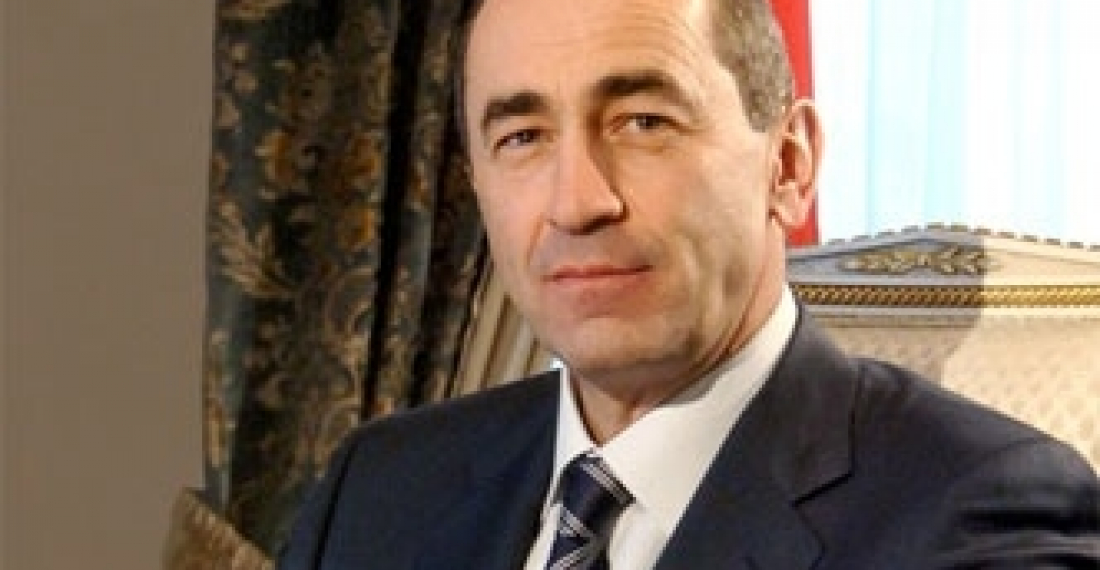"Karabakh movement started with
the slogan of unification with Armenia. However, independence gave
NKR - Artsakh more serious legal grounds for further existence. It
was in harmony with then effective legislation and meant actual
exercising of the right to self- determination, which is one of the
fundamental principles of the International Law. It was a right step
at the right moment," Robert Kocharyan, the first president of NKR
and the second president of Armenia said in an interview with the NKR
Public Television.
Kocharyan thinks that establishment of the Karabakh statehood can be
divided into three stages: Soviet period that was "romantic". "With
the collapse of the Soviet Union all of us understood that we were
left face to face with the enemy and we had to be ready to counteract
everyway. The second stage was the military actions that started in
the autumn of 1991 and continued till May 1994. The third stage was
the post-ceasefire period when restoration of civil structures began.
This stage is continued up to present," he said.
Robert Kocharian doesn't think that Stepanakert is not engaged in the
negotiation process. Artsakh does not participate in the meetings of
Armenian and Azerbaijani presidents wherein its interests are
represented by the Armenian party. "Artsakh takes part in the talks
held by the OSCE Minsk Group co-chairs, so it can be considered as
party to negotiations," Kocharian told the Public Television of
Artsakh. "Karabakh's interests are represented and defended by
Armenia. When I was the President, I coordinated all issues with
then-President of NKR, Arkady Ghukasyan. The day will come when
Artsakh can become a full-fledged party to talks," he added.
According to Kocharian, all similar conflicts in modern history have
been resolved in the favor of the right of nations to
self-determination. "However, there will be no drastic changes in of
Nagorno Karabakh after its recognition, as the republic's
independence is a fact," he concluded.
Robert Kocharyan::
Robert Kocharyan::







